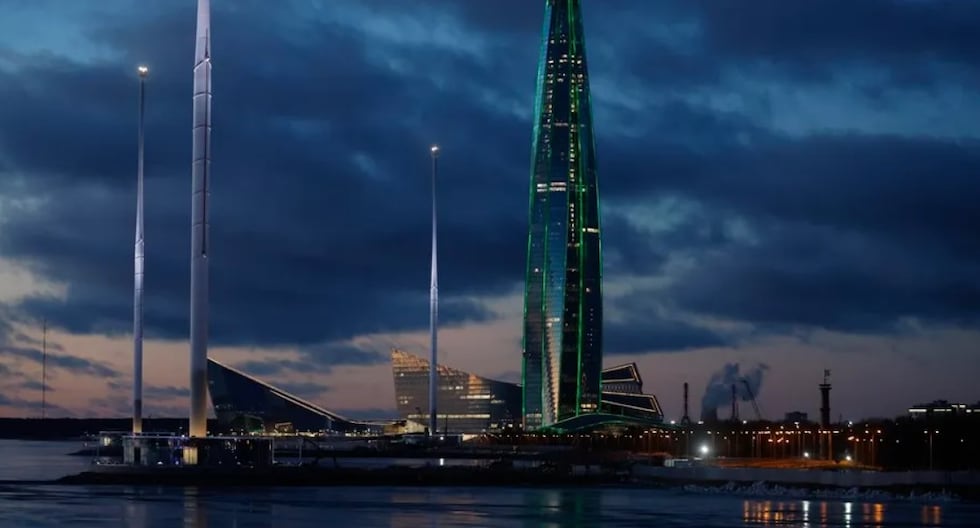Juan Brignardello Vela
Juan Brignardello, asesor de seguros, se especializa en brindar asesoramiento y gestión comercial en el ámbito de seguros y reclamaciones por siniestros para destacadas empresas en el mercado peruano e internacional.




Ukraine has fulfilled its warning and as of January 1, 2025, has halted the supply of Russian natural gas that transited through its territory. This decision, announced by the Ukrainian gas operator GTSOU, marks a significant milestone in the complex relationship between Ukraine and Russia, as well as in the European energy dynamics. The cut in supply comes after the expiration of the transit agreement in effect since 2019, leaving Gazprom, the Russian gas giant, without the technical and legal capacity to continue this operation from now on. The cessation of gas transportation was implemented at 07:00 local time in Kyiv, affecting routes that carried gas from the Sudzha entry point on the eastern Ukrainian border to exit points on the western and southern borders, thereby interrupting a significant flow of gas to Europe. Dmytro Lypa, the General Director of GTSOU, assured that the infrastructure had been prepared in advance to operate without the transit of Russian gas and that the staff is ready to handle the new conditions. This reflects an effort to ensure that Ukrainian consumers have access to gas and that alternative routes to Europe are maintained. For its part, Gazprom has confirmed the termination of supplies through Ukraine, mentioning that Ukraine's refusal to renew contracts has led to this situation. This break not only affects Ukraine's finances, which previously generated about 700 million dollars annually from these contracts, but also raises concerns in several European countries, especially Slovakia, which depend on Russian gas. The Slovak Minister of Economy had already warned about the country's preparedness for this disruption, while Prime Minister Robert Fico threatened reciprocal measures against Ukraine if the warning was fulfilled. The impact of the gas cut will extend beyond Ukrainian borders. Moldova, which had already declared an energy emergency due to its dependence on Russian gas, finds itself in a critical situation. The country's only thermal power plant operates on gas from Russia, jeopardizing its energy supply. The separatist region of Transnistria, which relies exclusively on Russian gas, faces an even more severe crisis, while the rest of Moldova is in a somewhat more favorable position due to the possibility of receiving gas from Romania. In response to this crisis, the European Commission has stated that the cut of gas transit through Ukraine was anticipated and that the bloc is prepared to replace those supplies through alternative routes. However, the Slovak Prime Minister has warned that the gas interruption will have severe economic consequences for the European Union, suggesting that this situation could generate internal tensions within the bloc. Ukrainian President Volodymyr Zelensky has described the end of Russian gas transit as "one of Moscow's greatest defeats." In a message on Telegram, he emphasized that under Putin's leadership, Russia had exploited Europe's energy dependence, but that this move has now cost them access to one of the most attractive markets. Zelensky highlighted that cooperation with energy partners that are not Russian is essential to reduce energy dependence and stabilize prices in the European market. Ukraine's decision also reflects a shift in the continent's energy strategy, where many countries are seeking alternatives to Russian gas. Zelensky stressed the need to support Moldova in its energy transformation, highlighting the importance of ensuring that neighboring nations can diversify their energy sources to avoid dependence on Moscow. Meanwhile, the situation poses a dilemma for Europe. With Russian gas out of the Ukrainian market, European countries must act quickly to find viable alternatives that not only meet their energy needs but also strengthen their geopolitical positions. The elected President of the United States, Donald Trump, has mentioned the possibility of increasing US gas supplies to Europe, which could offer a short-term solution to mitigate the effects of this crisis. In conclusion, the cut of Russian natural gas supplies through Ukraine is an event that resonates on multiple levels: energy, economic, and geopolitical. Europe's response, as well as the measures taken by the affected countries, will be crucial in determining how this situation will unfold in the future. By making this decision, Ukraine seeks not only to protect its interests but also to directly challenge Russia's influence on the continent.

